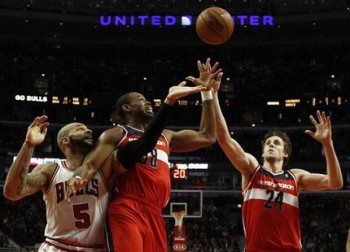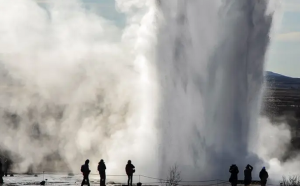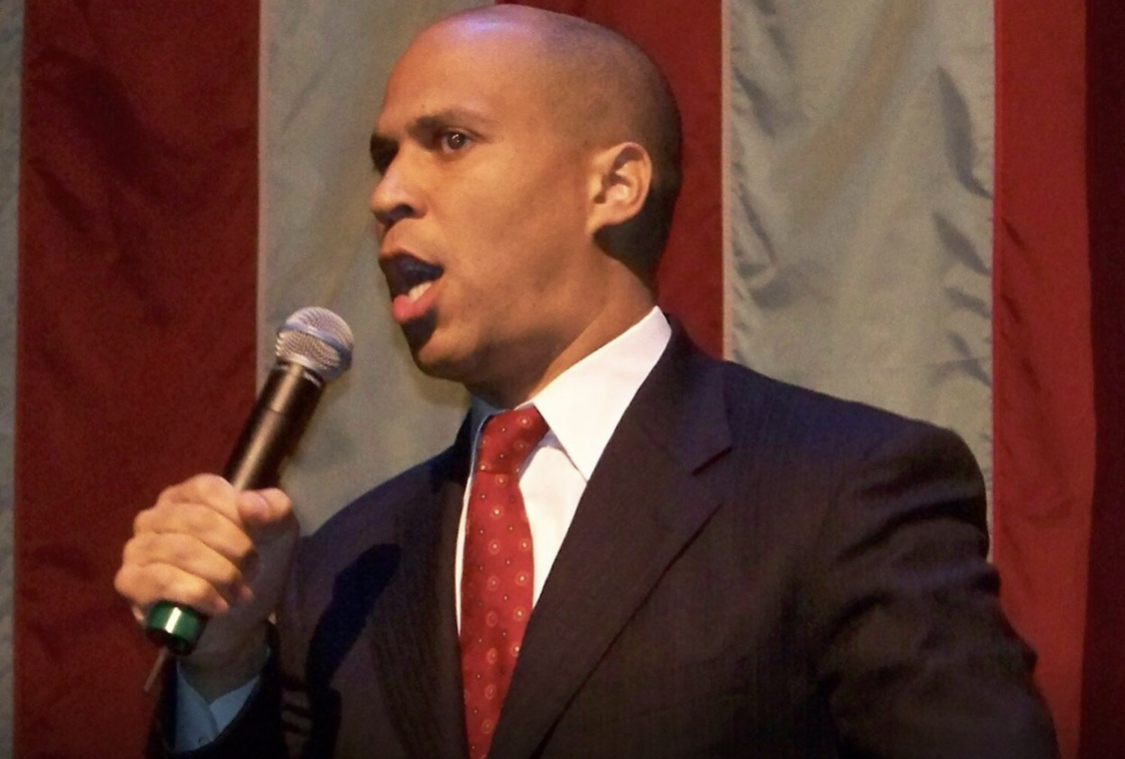NEW YORK (Reuters) – Major League Baseball broke the color line in 1947 when Jackie Robinson joined the Brooklyn Dodgers, but the transition to racial diversity was not easy.
Sixty-six years later, with the NBA’s Jason Collins breaking another barrier in major U.S. pro sports leagues by becoming the first male competitor to publicly reveal he is gay, MLB will have to overcome earlier prejudices that led homosexuals to stay in the closet.
Former Los Angeles Dodgers outfielder Glenn Burke would have wanted to give Collins a high-five, but did not live to see Collins come out.
After quitting the majors in 1979 at age 27 following four seasons in which he was shunned for his gay lifestyle, Burke eventually lapsed into a drug problem and died in 1995 from complications from AIDS.
Bill Bean walked away from a six-season MLB career in 1995, disconsolate after the sudden death of his partner and the double life he led on and off the diamond.
Umpire Dave Pallone got the sack after a newspaper article outed him in 1988.
After Collins announced he was gay in a Sports Illustrated cover story, Major League Baseball said it was ready to embrace a new challenge in the fight against discrimination.
“As the sport of Jackie Robinson, Major League Baseball believes in equality and acceptance for all, and we hope that Jason Collins’ announcement serves as yet another example on how to live openly and proudly,” MLB Commissioner Bud Selig said in a statement.
“Major League Baseball and its clubs strongly object to all forms of discrimination.”
ATTITUDE CHANGE
Attitudes have changed over the decades, with 10 U.S. states having legalized gay marriage by extending marriage rights to same-sex couples, and a wider acceptance of alternative lifestyles has trickled down to the playing fields.
Last year, baseball showed its sensitivity by reacting to what was perceived as a homophobic slur by Toronto shortstop Yunel Escobar.
A photograph showed the Cuban had written a derogatory message in Spanish on black stickers players sometimes wear under their eyes on the field to reduce the sun’s glare.
He was suspended three games without pay, with his lost salary donated to a youth program and to GLAAD (Gay & Lesbian Alliance Against Defamation), and was required to undergo sensitivity training.
When the Dodgers decided the time was right for integration, Robinson had to deal not only with bias from belligerent fans but from prejudiced players in his own clubhouse.
Times have changed.
Notable players including Ryan Braun, David Wright and CC Sabathia voiced immediate support of Collins, and managers from the Dodgers’ Don Mattingly to Oakland’s Bob Melvin to the Yankees’ Joe Girardi, called it a positive step.
SILENT JOURNEY
For Bean, the time was not right to come out.
A part-time outfielder for the Tigers, Dodgers and Padres who spent a year with the Kintetsu Buffaloes in Japan, he kept his private life secret.
“It was a difficult, silent journey for me, and I want people to learn from my mistakes, not share them,” said Bean, who authored a book, “Going the Other Way: Lessons from a life in and out of Major League Baseball”.
Bean said he did not think coming out was an option.
“Overnight they would have found some way to kick me out, because some dad doesn’t want his little kid watching some gay baseball player and saying, ‘I want to grow up to be just like him’.” he said on his website.
Magic Johnson, the former NBA star who is now a part owner of the Dodgers, showed the new attitude when he spoke out about accepting gay athletes in sports after his son, E.J., came out to the public.
FORCED OUT
Pallone, a major league umpire for 10 years, said he believed he lost his job as a direct result of his sexual preference.
“The reaction of the baseball world was simple. This article (in the New York Post) came out on September 15, 1988, about my sexual orientation,” said Pallone, who wrote an autobiography titled, “Behind the Mask: My Double Life in Baseball.”
“On that same day, baseball told me to take the last two weeks of the baseball season off. At the end of that year I was fired from my job because of my orientation.”
Burke’s sexuality became known to his teammates, who generally had affection for his upbeat personality and appreciation of his talents.
Dodgers’ management took a different view.
“At that time period it was the kiss of death for a ballplayer,” his Dodgers’ teammate Reggie Smith said in the documentary “Out. The Glenn Burke Story” that was produced and directed by Doug Harris.
Burke’s sister, Joyce, recounted how he had turned down a Dodgers’ offer of $75,000 for him to get married to convey a straight lifestyle. “He said he wasn’t going to live a lie.”
Further aggravating his relationship with the team was his friendship with manager Tommy Lasorda’s gay son, Tommy Lasorda Jr., who went by the nickname Spunky.
TRADED OUT
Seven months after starting in center field in the opening game of the 1977 World Series between the Dodgers and New York Yankees, Burke was traded to the Oakland A’s.
“The Dodgers knew,” said Dusty Baker, then a Dodgers outfielder and now manager of the Cincinnati Reds. “That’s why they traded Glenn.”
Burke was not welcomed with open arms by feisty, old school A’s manager Billy Martin.
“The tension in the clubhouse was so thick you could cut it with a knife,” Oakland pitcher Mike Norris told the documentary.
Burke began spending more time across in San Francisco’s well known gay district and decided to quit baseball.
He became a celebrity in the gay community, but was diagnosed with AIDS in 1994 and died a year later.
Bean, who came out publicly in 1999 and wrote a book, “Going the Other Way” has envisioned how the barrier should be broken.
“I would love for it to be a superstar of some magnitude, to make that decision on their own, to be able to play comfortably,” Bean told the LGBT Weekly.
Source






